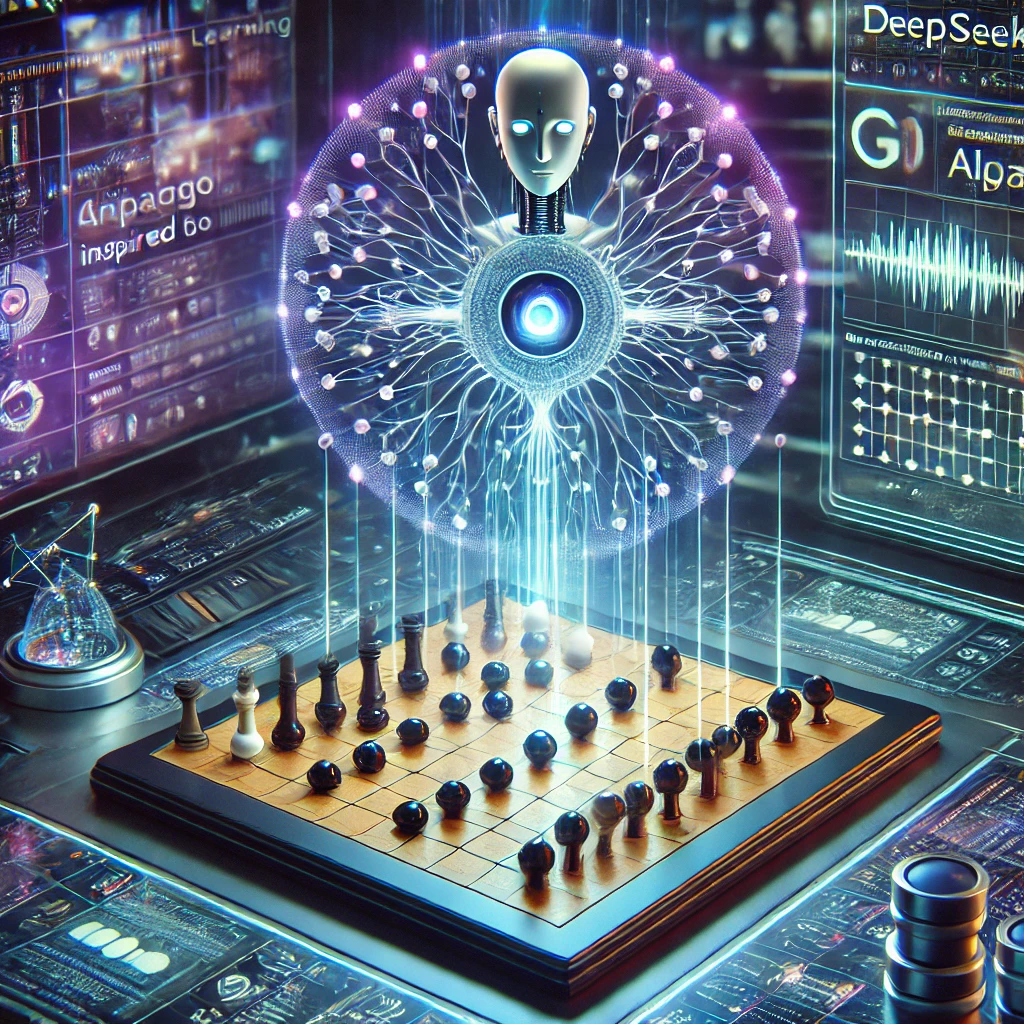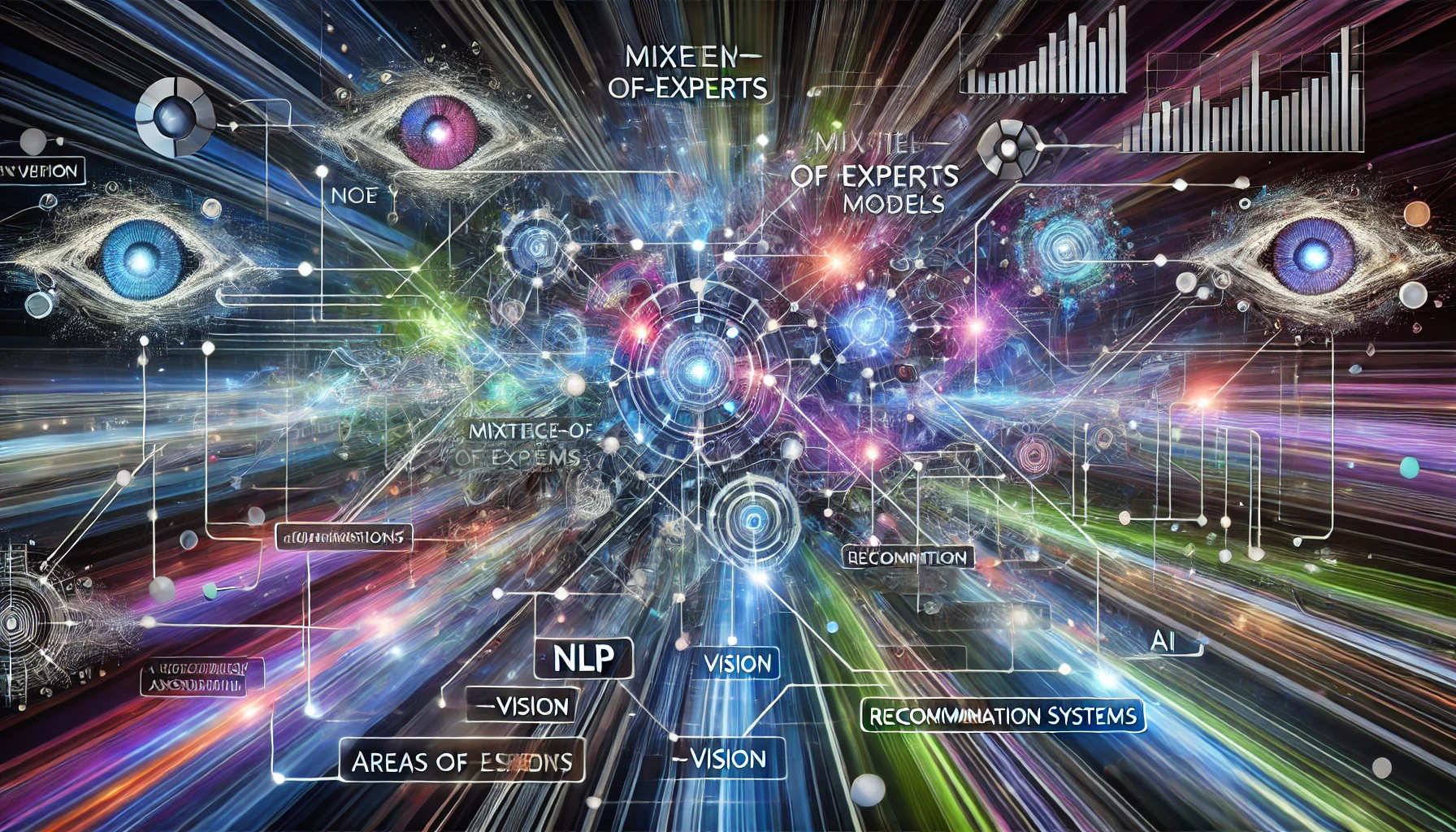Artificial Intelligence (AI) has advanced significantly over the past decade, with breakthroughs in reinforcement learning (RL) playing a crucial role in shaping the future of machine reasoning. One of the most notable achievements in AI history was AlphaGo, the deep learning-based Go-playing system developed by DeepMind, which demonstrated superhuman capabilities through self-play and reinforcement learning. Recently, the DeepSeek R1 model has gained attention for employing similar training methodologies to push the boundaries of emergent reasoning in AI.
In this article, we will explore how DeepSeek’s engineers leveraged AlphaGo’s techniques to develop a more autonomous reasoning model and what sets DeepSeek apart in the current AI landscape.
The AlphaGo Inspiration: Reinforcement Learning and Self-Play
AlphaGo, and its successor AlphaGo Zero, revolutionized the field of AI by demonstrating how a model can surpass human expertise through self-play rather than relying on massive datasets of human-labeled examples. DeepMind’s approach focused on:
- Policy and Value Networks: AlphaGo used a deep neural network to evaluate board states and determine the best moves.
- Monte Carlo Tree Search (MCTS): It improved decision-making by simulating multiple possible future game states.
- Reinforcement Learning via Self-Play: AlphaGo Zero started with zero human input, continuously playing against itself and learning over time.
DeepSeek R1 adopted a similar reinforcement learning philosophy, allowing the model to develop reasoning capabilities in a more autonomous way.
How DeepSeek R1 Builds on AlphaGo’s Foundations
1. A Reinforcement Learning-Based Training Strategy
Instead of relying heavily on human-labeled data, DeepSeek R1 employs self-learning techniques, similar to AlphaGo Zero. This allows the model to:
- Develop reasoning autonomously without being constrained by predefined human knowledge.
- Improve its own outputs over multiple iterations, reinforcing beneficial behaviors.
- Avoid data contamination, as it does not rely solely on internet-crawled datasets that may contain biases.
2. Emergent Reasoning Through Iterative Training
DeepSeek R1 follows an iterative learning approach that resembles AlphaGo’s self-play mechanism. This strategy ensures that the AI continuously refines its reasoning abilities, making it more efficient in decision-making tasks.
3. A Step Towards Generalized AI
While AlphaGo was built specifically for Go, DeepSeek R1 aims for a broader application. Its reasoning-based RL training can be applied to a variety of AI tasks, including:
- Problem-solving and mathematical reasoning
- Autonomous AI decision-making
- Enhanced natural language understanding
Why This Matters: The Future of AI Reasoning
DeepSeek’s RL-based training marks a shift in AI development. Instead of being fully dependent on massive datasets curated by humans, reinforcement learning allows AI models to develop their intelligence in a more organic and scalable way. This could lead to AI systems that:
- Think more independently
- Make fewer factually incorrect statements
- Generalize better across various domains
As AI continues evolving, reinforcement learning will likely play an even larger role in creating models that are not just data-driven but genuinely capable of reasoning.
Final Thoughts
DeepSeek’s engineers did not merely replicate AlphaGo, but they certainly drew inspiration from its reinforcement learning methodologies to develop a more autonomous AI reasoning model. The DeepSeek R1 model represents a major step forward, proving that RL-based AI can go beyond games like Go and be applied to a wide range of cognitive tasks.
As AI research progresses, we can expect more breakthroughs in this field—potentially leading to artificial general intelligence (AGI) that learns and reasons in ways similar to humans.
References
- Unite.AI – DeepSeek R1: Transforming AI Reasoning with Reinforcement Learning
- Analytics India Mag – What Makes DeepSeek So Special?
This article is an introduction to the evolving world of AI self-learning—do you think DeepSeek’s approach will pave the way for the next generation of AI reasoning models? Let us know your thoughts!
[SEO optimized]
[SEO optimized]



January is hard